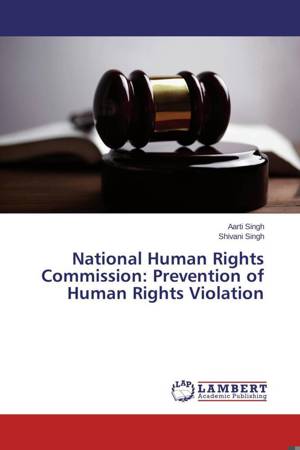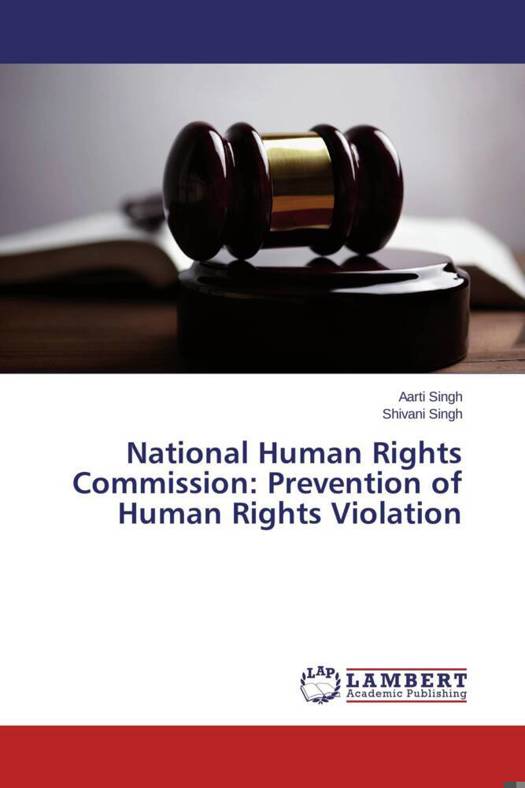
Bedankt voor het vertrouwen het afgelopen jaar! Om jou te bedanken bieden we GRATIS verzending (in België) aan op alles gedurende de hele maand januari.
- Afhalen na 1 uur in een winkel met voorraad
- Gratis thuislevering in België vanaf € 30
- Ruim aanbod met 7 miljoen producten
Bedankt voor het vertrouwen het afgelopen jaar! Om jou te bedanken bieden we GRATIS verzending (in België) aan op alles gedurende de hele maand januari.
- Afhalen na 1 uur in een winkel met voorraad
- Gratis thuislevering in België vanaf € 30
- Ruim aanbod met 7 miljoen producten
Zoeken
National Human Rights Commission: Prevention of Human Rights Violation
Prevention of Human Rights Violation
Aarti Singh, Shivani Singh
Paperback | Engels
€ 94,45
+ 188 punten
Omschrijving
"Human Rights" is not an abstract or ideal concept but it is very much a pragmatic concept about those Rights, which are considered essential for the survival, dignified life and development of all human beings. In 1993, the Parliament of India passed the Protection of Human Rights Act. The main purpose of the Act was to create the National Human Rights Commission (NHRC)-a proclaimed independent governmental body statutorily charged with ensuring that every individual's Constitutional Rights are protected by the Indian state. At the time of its announcement, NHRC met with lot of skepticisms. To some it was going to be a 'toothless tiger', while others found it to be a mere 'post-office' to provide a certificate of good behavior to the government for its wrong doings rather than to ensure better protection of Human Rights. Thanks to the Committee who prepared the draft of the Commission and made every attempt to keep it (NHRC) independent of political interference. Although NHRC is still searching its ground, yet it owns an extensive account of achievements during a short span of twenty years.
Specificaties
Betrokkenen
- Auteur(s):
- Uitgeverij:
Inhoud
- Aantal bladzijden:
- 252
- Taal:
- Engels
Eigenschappen
- Productcode (EAN):
- 9783659518133
- Verschijningsdatum:
- 31/01/2014
- Uitvoering:
- Paperback
- Afmetingen:
- 150 mm x 220 mm
- Gewicht:
- 351 g

Alleen bij Standaard Boekhandel
+ 188 punten op je klantenkaart van Standaard Boekhandel
Beoordelingen
We publiceren alleen reviews die voldoen aan de voorwaarden voor reviews. Bekijk onze voorwaarden voor reviews.









